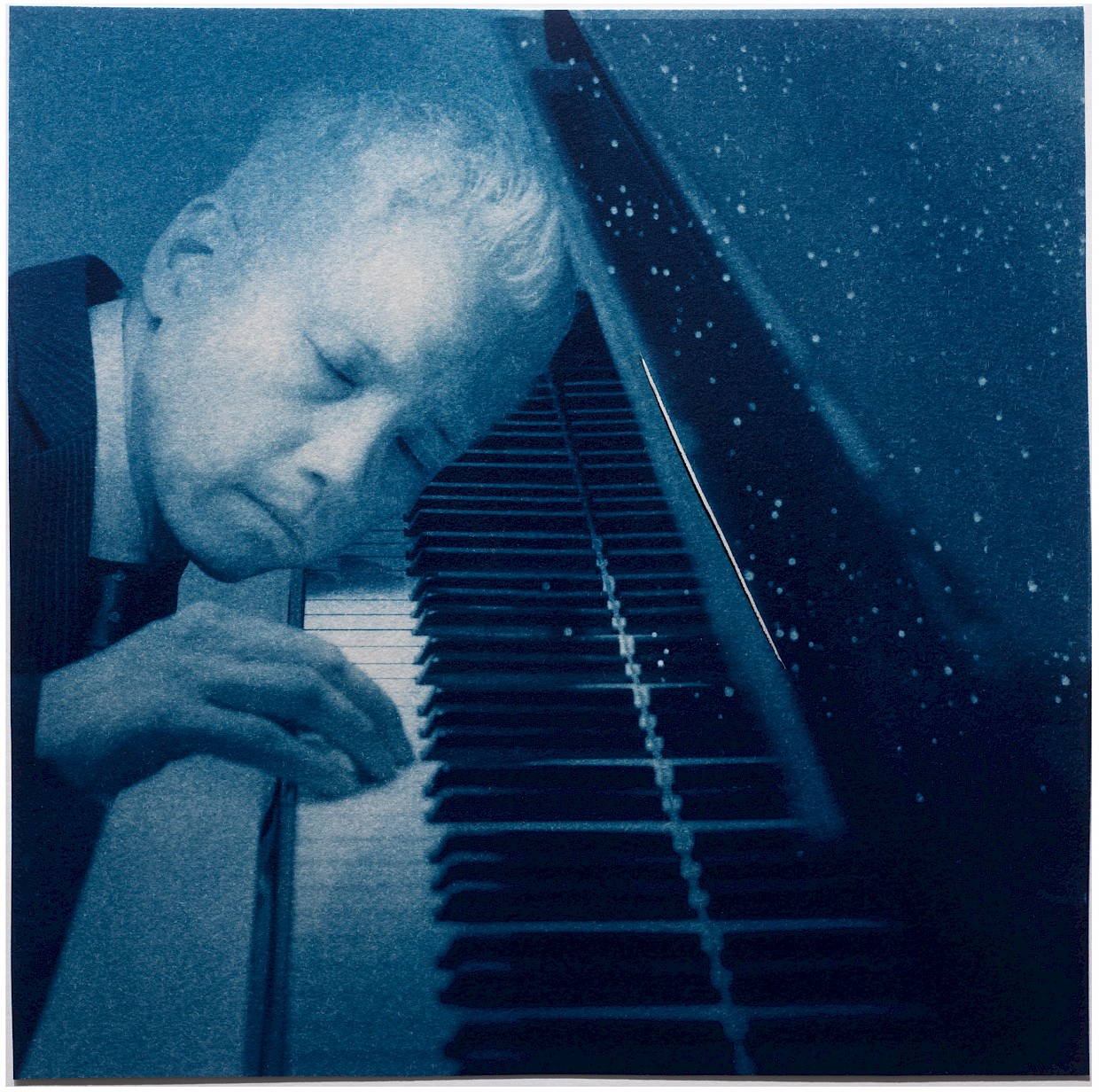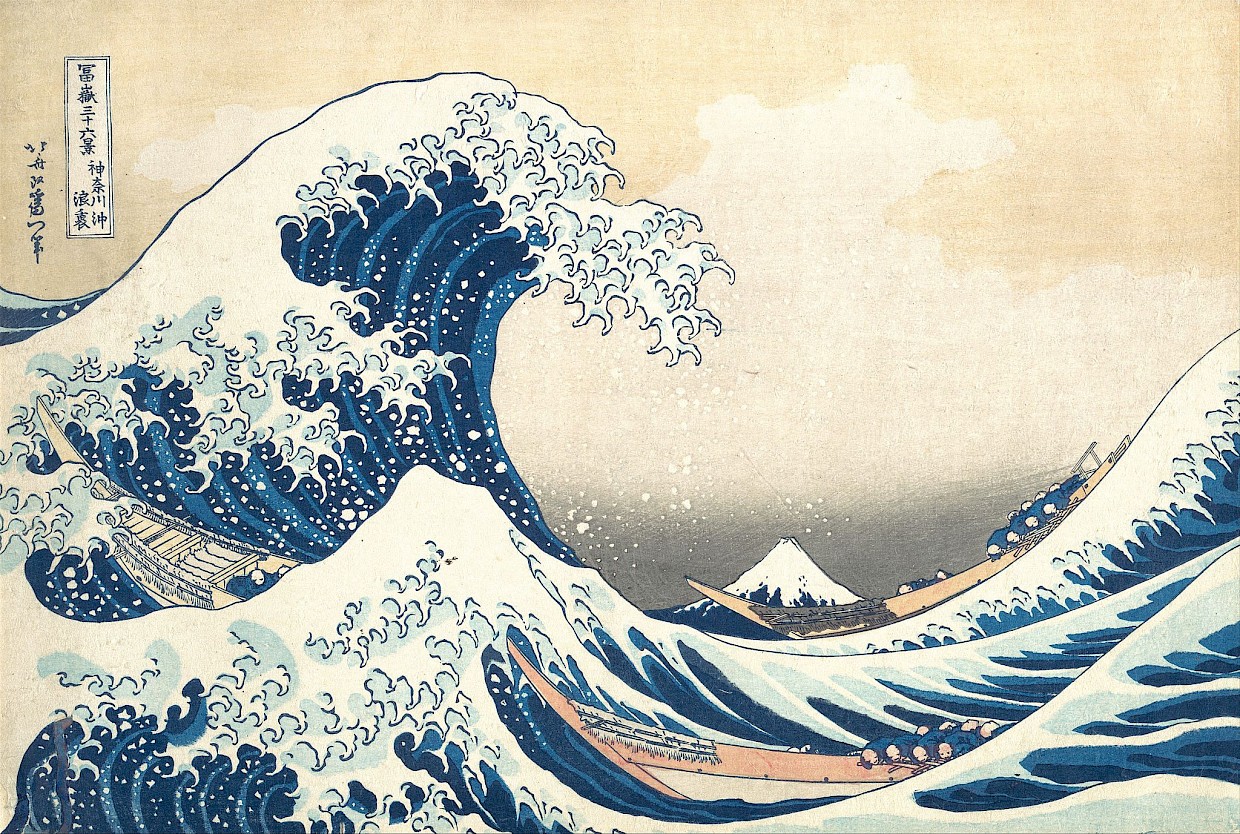3 Things I Wish I Knew Before Learning the Piano Again
May 8, 2020 / Music - Piano / how to be creative

I hope you had a good week, notwithstanding, you know, the virus.
The US unemployment numbers just came out today, and it’s harder and harder to stay optimistic.
Have you seen this guitar performance? That’s how I’m feeling right now. We just need to laugh.
So in the spirit of fun, I’m doing something different in this blog post.
I’m going to let you change the blog topic of this post to whatever you like.
How, you might ask?
Well, read on my friend.
Idea Transplant
Ralph Eugene Meatyard, an optician turned photographer, is well-known for his enigmatic black & white portraits of family and friends in the 1950s. I love his work. You can browse his images here. The image of a child as a bird is my favorite image of his.
Meatyard was a voracious reader and is said to read books while driving! He read diverse topics from poetry to Zen philosophy.
He had a surprising way of reading. For example, in his reading of Boleslavsky’s Acting: The First Six Lessons, he would cross out “actor” and “play” and replace them with “photographer” and “photograph.”According to James Rhem in his paper entitled Ralph Eugene Meatyard 1925-1972
Not only did this practice make the reading material more relevant to him, I bet that it also sparked ideas that influenced his photography. “His work sprang from the beauty of ideas rather than ideas of the beautiful.”(ibid) His images support this observation. He is well-known for portraits where his subjects wear creepy masks.
I coined the phrase “idea transplant” See Idea Transplant: Cyanotype Comics where I use the comic strip panel-by-panel approach to my photography prints to create a mysterious story. to refer to the practice of applying the knowledge, processes, and insights from one discipline to another.
Meatyard’s cross-out-the-word approach is a way to generate idea transplants.
What Do You Want to Learn?
Let’s try Meatyard’s approach for fun. I programmed a form that lets you replace one word with another. For this to work, JavaScript has to be turned on. If nothing happens, that means your browser has JavaScript turned off. You might also have to refresh the webpage if it stops working. If you really want the full effect, google “how to turn JavaScript on,” and look for instructions for your web browser.
Advantages of Learning Piano as an Adult
After learning piano on my own for the past year, I realized three advantages that would have been useful to know at the beginning of this journey.
It’s Like Riding a Bike. It Will Easily Come Back to You
If you learned piano when you were young, you could easily improve and return to that same level (or better).
This is good news! You can’t use your age as an excuse.
When I bought my piano last year, I couldn’t play anything. I forgot everything during my 35 pianoless years. But with diligent practice, though, I regained the skills I lost and even went past them!
I remember trying to learn Beethoven’s Moonlight Sonata 35 years ago but couldn’t finish the first page. With practice and online resources like Josh Wright’s ProPractice tutorial videos (affiliate link), I’m able to play the whole thing now.
If you want to, you can bring back what you lost. It doesn’t matter what age you are. I’m proof of that.
“That’s easy for you to say, Jonah,” you might think. “I never learned piano in the first place. So even if I wanted to learn it now, I’m just too old!”
Julia Margaret Cameron, the author of the Artist’s Way, has this to say about that nonsense:
QUESTION: Do you know how old I’ll be by the time I learn to play the piano?
ANSWER: The same age you will be if you don’t.
Maturity & Life Experience Actually Help!
Learning piano as an adult also has the surprising advantage that it improves your interpretation of the work. A lifetime of your joy and heartbreak intertwine with the intent of the composer. You create a unique rendition that can be deeply satisfying.
Another curious thing happens as well.
Unconnected dots from your life coalesce. In my case, music melds with my background in the visual arts. The undulating arpeggios in Beethoven’s Moonlight Sonata or the soaring highs in Schubert’s Impromptu in Gb remind me of Hokusai’s The Great Wave off Kanagawa:

If you decide to learn piano, what dots of your life might start to connect? Would that be a surprise?
There May Not Be Enough Time, so Just Start
At some point in the life journey, one realizes that there is more time behind than ahead. That realization hit me at 50 years old. My dad died when he was 60 years old.
As a result, I only select piano repertoire that feels transcendent to me. I am not interested in virtuosity. This clarity frees me to learn music beyond my technical level, play at slower tempos than indicated, and improvise or simplify musical passages if I want to. These would have been unacceptable when I was younger. I would have blindly followed the score—fearing the disapproval of critics.
Now It’s Up to You
Can you think of something to start? Maybe it’s piano or perhaps something else entirely? The next time you read something, cross out words, and replace them with your own.
Use the Idea Transplant method at work and see what happens. Thinking like an artist at work will pay dividends. I promise.
You can do all these things.
What’s holding you back from learning piano?
What can you do today?



